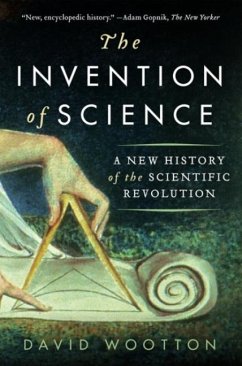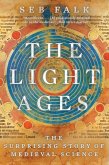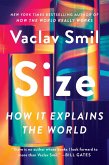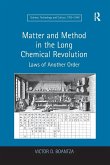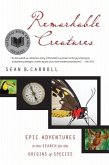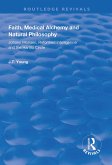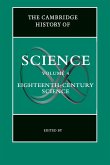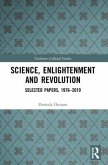Before 1492, all significant knowledge was believed to be already available; there was no concept of progress, as people looked to the past, not the future, for understanding. David Wootton argues that the discovery of America demonstrated new knowledge was possible: indeed, it introduced the very concept of discovery and opened the way to the invention of science. The first crucial discovery was Tycho Brahe’s nova of 1572: proof that there could be change in the heavens. The invention of the telescope in 1608 rendered the old astronomy obsolete. Evangelista Torricelli’s experiment with the vacuum, in 1643 directly led to the triumph of the experimental method used in the Royal Society by Robert Boyle and Isaac Newton. By 1750, Newtonianism was being celebrated throughout Europe. This innovative science relied on a new understanding of what knowledge may be, and with this came a fresh language: discovery, progress, fact, experiment, hypothesis, theory, and laws of nature. Although almost all these terms existed before 1492, their meanings were radically transformed, and they became tools to think scientifically. Now we all speak this language of science that was invented during the Scientific Revolution. The new culture led to a new rationalism, repudiating alchemy, astrology, and the belief in witchcraft. It also led to the invention of the steam engine and to the first Industrial Revolution. Wootton’s landmark work changes our understanding of how this great transformation came about, and of what science is.
Bitte wählen Sie Ihr Anliegen aus.
Rechnungen
Retourenschein anfordern
Bestellstatus
Storno

